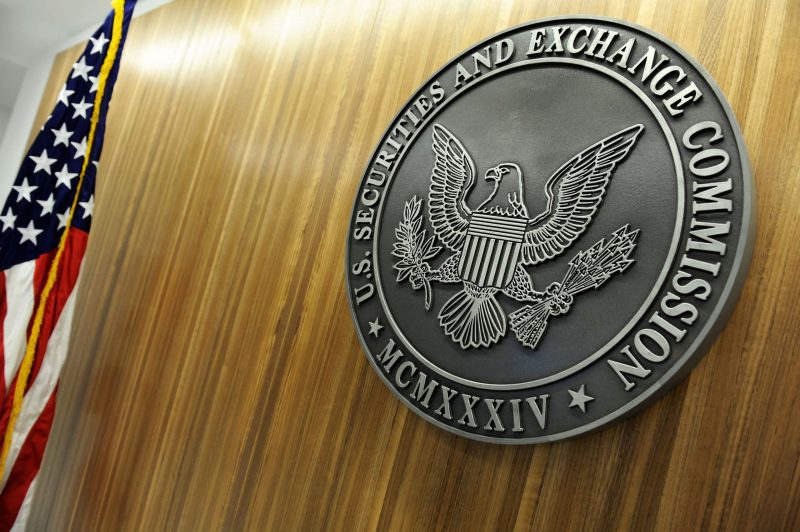The U.S. Securities and Exchange Commission (SEC) recently received backing from two Amicus Briefs in its ongoing legal battle with popular cryptocurrency exchange Coinbase. These briefs, submitted on Tuesday, lean in favor of the SEC’s argument that certain digital assets qualify as securities and should, therefore, come under its authority.
The Supporters Behind SEC
Former SEC officials, including ex-Chair Mary Jo White and Commissioner Robert Jackson Jr., were among those who filed one of the amicus briefs. They emphasized that digital assets sharing characteristics with securities should be governed by federal securities laws due to the similar risks and promises of returns they present to investors.
Furthermore, Professor Todd Phillips of the J. Mack Robinson College of Business and Beau Baumann, a doctoral candidate at Yale Law School, echoed these sentiments in another brief. Their support strengthens the SEC’s stance in its legal tussle with Coinbase.
NASAA’s Perspective
In another development, the North American Securities Administrators Association (NASAA) contended that platforms like Coinbase function akin to securities exchanges but lack the appropriate regulatory oversight. This absence of regulation, NASAA argues, could potentially undermine investor protection.
Coinbase has refuted all the allegations levelled by the SEC, which accused the crypto exchange of breaching the Securities Exchange Act of 1934 and the Securities Act of 1933. This lawsuit is unfolding amid a backdrop of ongoing scrutiny and regulatory challenges faced by cryptocurrency entities in the U.S.
Recall of the Ripple Case
Earlier in the year, the SEC experienced a partial defeat in a similar lawsuit against Ripple, where the commission asserted that XRP was a security. A U.S. court, however, concluded that XRP’s sale on public exchanges adhered to federal securities laws, though it did fault Ripple for violations concerning institutional purchases of XRP.
The clarity of cryptocurrency regulations in the U.S. remains a contentious issue. Coinbase argues for ambiguity in the existing rules, while the SEC asserts the contrary. This lawsuit has attracted widespread attention, with critics, including several politicians and investors, accusing the SEC of stifling innovation in the burgeoning crypto space through its stringent measures.
